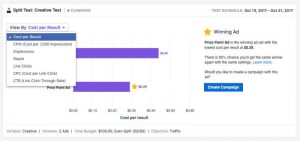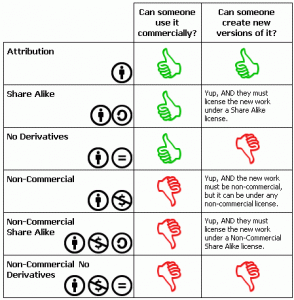by Laurie Sullivan @lauriesullivan, August 9, 2016
Duplicate listings are a major problem across the Web as the need to identify nearby physical locations and phone numbers of businesses on mobile devices becomes increasingly important for search engines Google, Bing, and Yahoo.
Moz Local on Tuesday released an update to its Duplicate Listing Dashboard that tracks more than one billion duplicate listings across the Web. The platform aims to provide an increasing amount of data and visibility into duplicate listings — but more importantly, can either remove those duplicates or update changes to the listings through aggregators and partners.
Marketers can quickly identify Open, Reviewed, and Closed duplicates across every listing they manage. Filters are available to show any specific segmentation or subgroup of listings, including Managed Listing NAP or Label, Duplicate Source, and Duplicate Status.
The problem of duplicate listings is not new, but monitoring the content has become an enormous challenge across the industry as companies make acquisitions or change and add locations. Companies like Brandify, Rio SEO, and Yext also have worked to build their own platforms that identify and change duplicates.
Removing duplicate listing from across the Web remains a part of a local search engine optimization (SEO) strategy that is extremely time-consuming, tedious and frustrating, according to Cori Shirk Graft, senior SEO manager at Seer Interactive, a search agency. “It can be so detrimental to performance that it’s something worth investing time in, but you need to have some way to identify all the listings your brand has across the local ecosystem to determine those with incorrect information,” she says.
Shirk Graft uses Moz Local’s platform for a few clients. She says Moz Local is “moving in the right direction with transparency and the same data we like to report to our clients.”
Duplicate listings can prevent a company’s information from serving up in the three-pack of results along with the map at the top of local mobile search engine query results. This is especially the case when companies have a few hundred or thousands of physical locations listed across the country.
If Google’s or Bing’s search engine looks to Yellow Pages for a source to serve up information to someone who is searching for a restaurant and sees more than one listing, it may decide to serve neither because of the confusion with the data.
“It can take up to 30 minutes to identify and close a listing,” says George Freitag, local search evangelist and SEO specialist for Moz Local. “The average enterprise client based on Moz Local data can have around 3,500 up to 100,000 in some cases.”
The Moz Local platform enhances duplicate detection, submission and tracking across all partner networks partnering with the aggregators, data partners, directories and apps that impact local search, as described in this post. As part of this update, Moz Local has implemented new instrumentation and alerts to better identify duplicate submission errors to its data partners, improve auto closure of detected duplicates, and continuously resubmit submissions that partners have not processed correctly.
MediaPost.com: Search Marketing Daily
(130)
Report Post



